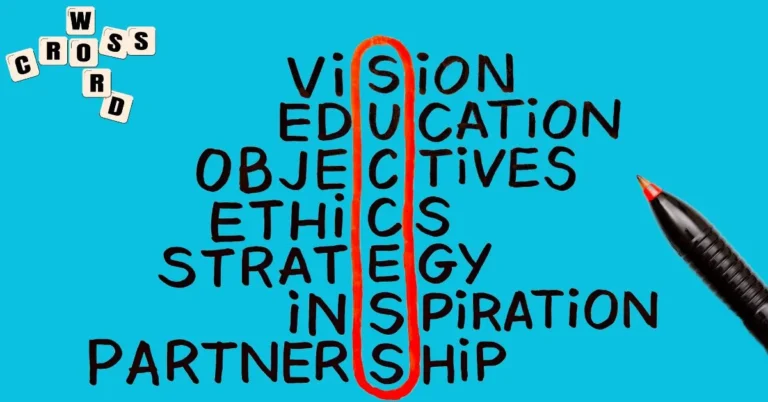The Transformative Power of Humanities Degrees in the Modern World
In an ever-evolving job market, humanities degrees often get a bad rap. Despite this, graduates with strong humanities majors bring invaluable skills. From critical thinking to communication prowess, these skills are highly sought after in today’s diverse and dynamic work environments.
Across sectors, employers recognize that humanities graduates are well-equipped to tackle complex problems and adapt to changing circumstances. Their education allows them to approach issues from multiple perspectives, fostering innovation and creativity in ways purely technical training might not. This wide-ranging skill set makes humanities graduates ideal candidates for numerous roles where effective communication and analytical abilities are crucial.
Key Takeaways:
- Humanities degrees provide critical thinking, communication, and analytical skills.
- Graduates with humanities backgrounds are in demand across various industries.
- Real-life examples and data underline the worth of humanities education.
The Skill Set of Humanities Graduates
The versatility of humanities graduates cannot be overstated. They excel in critical thinking, problem-solving, communication, and adaptability, crucial in traditional roles and emerging job sectors. Humanities students learn to interpret complex texts, write compelling narratives, and understand diverse perspectives—skills that translate well across numerous industries, including technology, healthcare, and the public sector.
Moreover, emphasizing ethical reasoning and cultural awareness in humanities programs equips graduates to address global challenges more effectively. They are trained to think holistically, considering issues’ historical, social, and ethical dimensions, which is invaluable in any professional context. Employers increasingly value these qualities, recognizing the unique contributions humanities graduates can make to organizational culture and strategic planning.
Diverse Career Paths
Contrary to popular belief, a humanities degree opens many career opportunities. Graduates can thrive in marketing, consulting, education, and more. The key is to leverage the fundamental skills gained during their studies to navigate and excel in various industries. Whether it’s working as a content strategist, communications director, or policy advisor, the options are plentiful. Organizations increasingly value employees who can think critically and communicate clearly, making humanities graduates prominent in today’s workforce.
Many humanities graduates find fulfilling careers in journalism, public relations, and human resources, where their ability to craft messages and understand human behavior is paramount. In education, they contribute significantly as teachers, administrators, and curriculum developers, shaping the minds of future generations. In the non-profit sector, humanities graduates are often at the forefront of advocacy and social justice projects, leveraging their skills to create meaningful change.
Real-Life Success Stories
Don’t just take our word for it. There are plenty of real-life examples of humanities graduates excelling in their careers. For instance, Michael Lewis, a notable journalist and author, attributes his success to the analytical skills he honed while pursuing a degree in art history. Similarly, J.K. Rowling, the acclaimed author of the Harry Potter series, studied French and the classics, which contributed significantly to her world-building and storytelling prowess.
Many CEOs, politicians, and leaders have backgrounds in the humanities, demonstrating that these degrees can lay a strong foundation for significant career achievements. For instance, Hewlett-Packard’s previous CEO, Carly Fiorina, studied philosophy and medieval history. Her education helped her navigate complex business landscapes and lead one of the world’s largest technology companies. These success stories highlight the far-reaching impact of a humanities education and its potential to pave the way for diverse and rewarding career trajectories.
Humanities in Tech and Business
Industries traditionally dominated by STEM graduates increasingly recognize the value of a humanities education. Companies like Google and Apple seek talent with a humanities background for roles requiring innovation and customer empathy. According to a report by the Brookings Institution, integrating the humanities into tech and business is reshaping the professional landscape. This interdisciplinary approach enhances product development and improves user experience and engagement.
By valuing the insights of humanities graduates, tech companies can create more intuitive and user-friendly products. Humanities-trained professionals bring unique perspectives crucial for understanding user needs and behaviors. This improves the functioning and design of goods and services, increasing accessibility and attracting a more comprehensive range of users. Business sectors similarly benefit from the strategic and ethical insights humanities graduates provide, leading to more socially responsible and sustainable practices.
Economic Value of Humanities Degrees
Graduates with humanities degrees also fare well economically. Over the long term, they often report comparable, if not higher, earnings than those in more “practical” fields. This is partly due to their ability to adapt, innovate, and lead in various professions. Humanities graduates frequently climb the professional ladder quickly, thanks to their analytical and communicative strengths, which are essential for leadership and management roles.
Studies have shown that the earning potential for humanities graduates increases significantly over time. While they may start with lower salaries compared to their STEM counterparts, their earnings often surpass those of other fields mid-career due to their flexible skill set and leadership capabilities. Furthermore, humanities graduates report high job satisfaction and personal fulfillment, critical components of long-term career success and happiness.
Conclusion: The Endless Possibilities
In conclusion, a humanities degree offers a treasure trove of skills and opportunities. Far from being outdated, these degrees equip students with more relevant tools than ever. By shedding light on the versatile applications and long-term benefits, we can better appreciate the indispensable role of the humanities in education and beyond. Embracing these degrees can foster individual success and broader societal advancements.
The multifaceted nature of humanities education prepares graduates to lead, innovate, and adapt in a rapidly changing world. The need for as industries continue to change, the unique skills provided by humanities programs will only grow, making these degrees more valuable than ever. By understanding and promoting the benefits of humanities education, we can ensure that the next generation is prepared to tackle the problems ahead.






